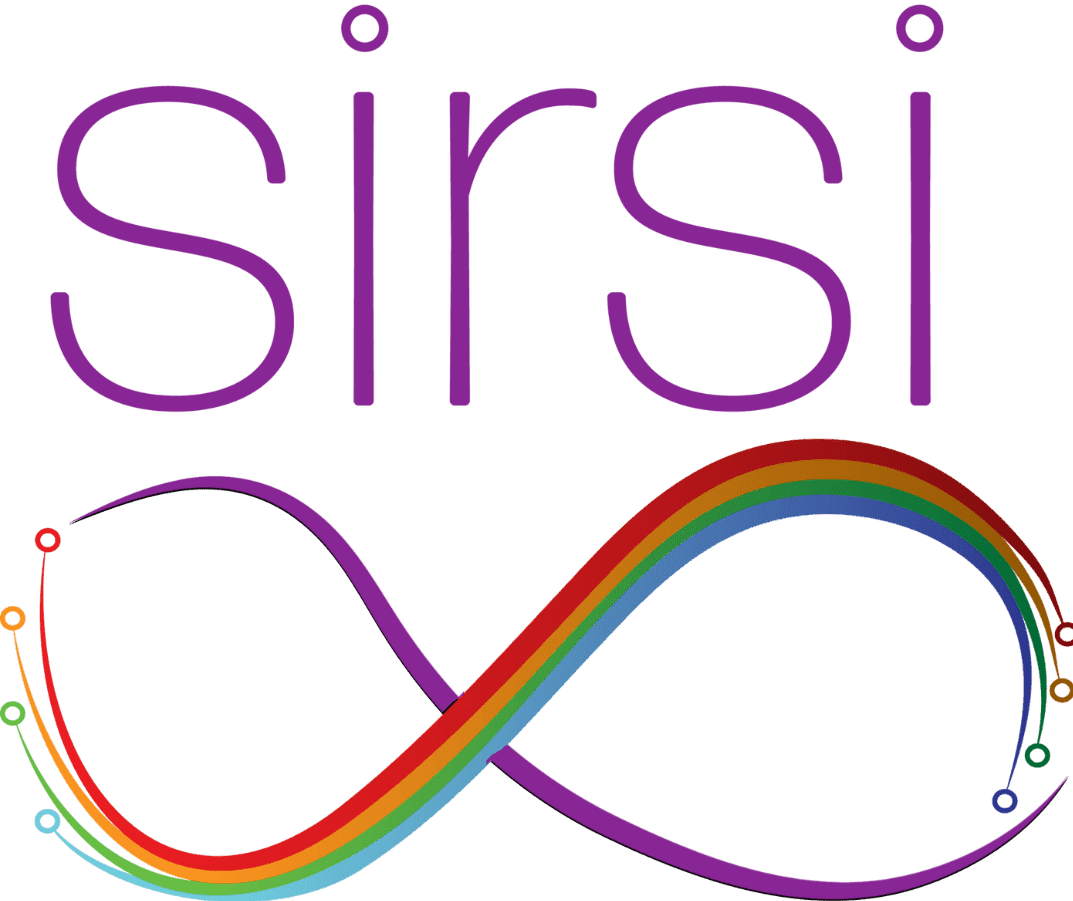Streamlining DevOps With AI: A Guide for Startup Founders

Posted on March 10, 2024
Startups face a myriad of challenges as they strive to innovate, iterate, and scale their products rapidly. One critical aspect of their operations is DevOps, the practice of integrating development and operations teams to streamline the software delivery process. However, traditional DevOps practices can be time-consuming and resource-intensive, especially for startups with limited resources. Fortunately, the integration of artificial intelligence (AI) is revolutionizing DevOps, offering startups unprecedented opportunities to automate and optimize their workflows. In this guide, we'll explore how startup founders can leverage AI to streamline their DevOps processes and accelerate their path to success.
Understanding DevOps and Its Challenges
DevOps encompasses a set of practices, tools, and cultural philosophies aimed at fostering collaboration and automation between software development and IT operations teams. The primary goal of DevOps is to accelerate the software delivery lifecycle, from code development to deployment, while ensuring reliability, security, and scalability.
Despite its numerous benefits, DevOps implementation can pose challenges for startup founders, including:
- Resource Constraints: Startups often operate with limited resources, making it challenging to invest in the infrastructure and expertise required for effective DevOps practices.
- Complex Workflows: The DevOps lifecycle involves multiple stages, including code development, testing, deployment, monitoring, and maintenance. Coordinating and managing these workflows manually can be time-consuming and error-prone.
- Scalability Issues: As startups grow and scale their operations, traditional DevOps practices may struggle to keep pace with the increasing complexity and volume of software deployments.
Leveraging AI for DevOps Optimization
AI-powered solutions offer startups a pathway to overcome these challenges and streamline their DevOps processes. Here are several ways startup founders can leverage AI for DevOps optimization:
- Automated Code Analysis: AI-based code analysis tools can analyze code repositories, identify bugs, vulnerabilities, and performance bottlenecks, and provide actionable insights to developers. By automating code reviews and quality assessments, startups can accelerate the development process while ensuring code reliability and security.
- Predictive Analytics for Infrastructure Management: AI algorithms can analyze historical data and usage patterns to predict future demand and performance issues in infrastructure resources. By leveraging predictive analytics, startups can optimize resource allocation, scale infrastructure proactively, and minimize downtime.
- Continuous Integration and Deployment (CI/CD) Automation: AI-powered CI/CD pipelines can automate code integration, testing, and deployment processes, enabling startups to release software updates quickly and reliably. AI algorithms can identify code changes that are likely to cause errors or failures and prioritize testing efforts accordingly, thereby reducing time-to-market and improving software quality.
- Intelligent Monitoring and Alerting: AI-driven monitoring tools can analyze system metrics, logs, and performance data in real-time to detect anomalies, identify potential issues, and trigger automated responses. By proactively monitoring infrastructure and applications, startups can prevent downtime, improve reliability, and enhance the user experience.
- Chatbots for Incident Response: AI-powered chatbots can handle routine inquiries, troubleshoot common issues, and provide real-time support to developers and operations teams. By automating incident response workflows, startups can reduce response times, improve productivity, and enhance collaboration across teams.
Implementing AI-Powered DevOps Solutions
To implement AI-powered DevOps solutions effectively, startup founders should follow these best practices:
- Identify Pain Points: Identify key pain points and bottlenecks in your DevOps processes that can be addressed through AI-powered automation and optimization.
- Evaluate AI Solutions: Research and evaluate AI vendors and solutions tailored to your specific needs and requirements. Look for solutions that offer scalability, flexibility, and compatibility with your existing infrastructure and workflows.
- Pilot Projects: Start with small-scale pilot projects to test and validate AI-powered DevOps solutions before scaling up. Measure key performance indicators (KPIs) such as deployment frequency, lead time, and mean time to recovery (MTTR) to assess the impact of AI on your DevOps processes.
- Invest in Training and Education: Invest in training and education for your development and operations teams to familiarize them with AI technologies and best practices. Encourage a culture of experimentation and continuous learning to drive innovation and adoption.
- Iterate and Improve: Continuously iterate and improve your AI-powered DevOps processes based on feedback, lessons learned, and evolving business needs. Embrace a culture of continuous improvement to stay ahead of the curve and drive innovation in your organization.
In conclusion, AI-powered DevOps solutions offered by companies like Sirsi are revolutionizing the way startup founders manage their technical infrastructure. By leveraging the latest advancements in AI and machine learning, founders can automate repetitive tasks, optimize resource utilization, and accelerate software delivery cycles. With Sirsi's advanced compute services, startup founders can streamline their DevOps processes, drive efficiency, and focus on building and growing their businesses. Ready to harness the power of AI for your startup? Contact Sirsi today to learn more about how our solutions can empower you on your journey to success.
Contact Us
Send a Message
Ready to optimize your business's infrastructure? Simply fill out the form below, and one of our experts will be in touch to discuss your specific needs and how we can help you achieve your goals.
